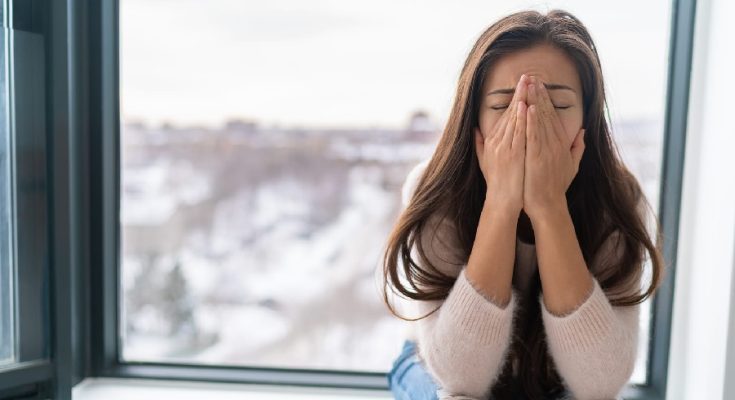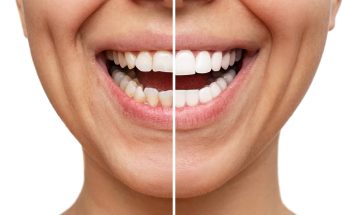Anxiety disorders usually occur together (comorbidity) with other diseases. For example, it is common to coincide with depressive symptoms (in 50% of cases, according to some studies), alcohol abuse, and obsessive-compulsive disorder. It is also frequently associated with bipolar disorder and psychotic disorders.
Likewise, its appearance is related to non-psychiatric diseases that cause a great impact on the patient’s daily life, such as cardiovascular disease, gastrointestinal conditions, respiratory diseases, migraines and low back pain, among others.
Treatments
Anxiety disorders are treated with pharmacological treatment together with cognitive-behavioural psychological therapy.
Pharmacotherapy
Benzodiazepines and anxiolytics are mainly used, which in all cases are prescription drugs.
Psychological treatment
Through cognitive-behavioural therapy, the therapist teaches the patient to manage Anxiety and control fears, questioning their irrational nature and replacing it with more rational ways of thinking.
Anxiety and depression
Mental health problems represent 8 per cent of the total loss of years of quality of life, in the same way that in countries with developed economies, neuropsychiatric diseases occupy 12 per cent of all conditions.
The forecasts of the World Health Organization estimate that by the year 2020, depression will become the third cause of morbidity next to coronary diseases and traffic accidents and the first cause of disability. In Spain, it is estimated that around one and a half million people suffer from this disorder and that, throughout their lives, between 20 and 25 per cent of women and between 7 and 12 per cent of men will suffer from it. Any depressive episode.
Anxiety disorders are also more common in women. According to WHO data, a man has half the risk of Anxiety throughout her life as a woman. The onset of this pathology is between 20 and 40 years old, and the possibility of suffering from it decreases as age increases; then, it gives rise to other forms of Anxiety based on depressive states.
Differentiating Anxiety and depression is not always easy due to the similarity of some of their symptoms and even their causes: in the face of the same episode, a person can react by developing Anxiety or depression since, deep down, both pathologies are ways of adapting to the environment. However, these are their main differences:
interpretation mode
Anxiety and depression are ways of reacting to external or internal events: if we interpret that event as a threat, our alert or anxiety system will be triggered, while if we perceive it as a loss or failure, it is likely to be activated. The energy conservation system will lead to depression.
fear or sadness
In general terms, Anxiety is an emotion that appears when the subject feels threatened by external or internal danger. Fear is the prevailing feeling. In the case of depression, the predominant feeling is sadness.
Clinical picture
Anxiety manifests itself in various imbalances at the cognitive and psychophysiological levels. Its most frequent symptoms are abdominal pain, diarrhoea or frequent need to urinate, dizziness, headaches, muscle tension, rapid and irregular heartbeat, sweating, tremors, fatigue, irritability and insomnia problems. On the contrary, depressive states lead to guilt or lack of self-esteem, drastic changes in appetite, a feeling of tiredness and lack of concentration. They can also cause sleep disorders.
future or present
Anxiety is related to the patient’s prevention of the future, with a fear of the unpleasant consequences that are assumed to happen. Depression, on the other hand, has to do with an underestimation of the patient and a sense of deep sadness in the present moment. In other words: the future is not part of the depression.
Same day variations
In Anxiety, there are no state variations throughout the day (except in some profound cases, where patients tend to feel worse when waking up and in the early hours of the day ) or the different seasons of the year. These alterations do occur in depressed patients.
ability to enjoy
Loss of enjoyment or pleasure is not necessarily affected by anxiety disorders like depression.
Psychological or external factors
While the origin of depression is usually psychological, the causes that cause Anxiety are more varied: substances such as alcohol, bronchodilators or drugs such as cocaine or marijuana are clear triggers of this type of disorder. A poor diet (low vitamin B12) can also contribute to stress or Anxiety. Rarely an adrenal gland tumour can cause anxiety or stress-like symptoms.
Despite these differences, the WHO, within its International Classification of Diseases (ICD-10), includes mixed anxiety-depressive disorder, in which symptoms of Anxiety and depression are possible.




